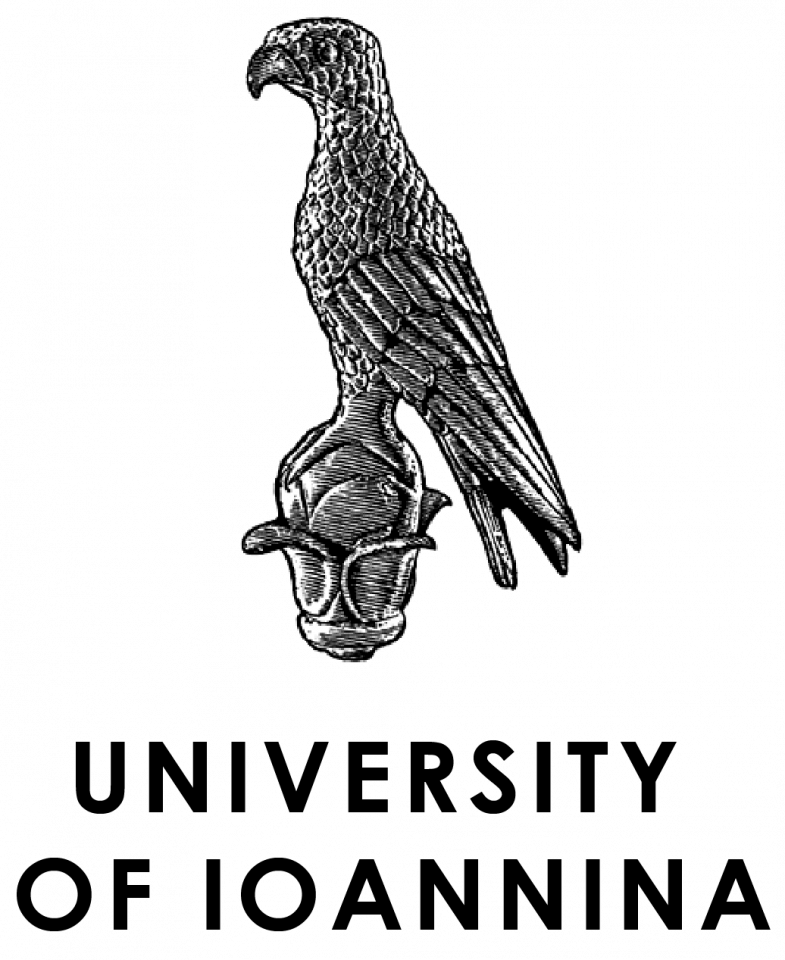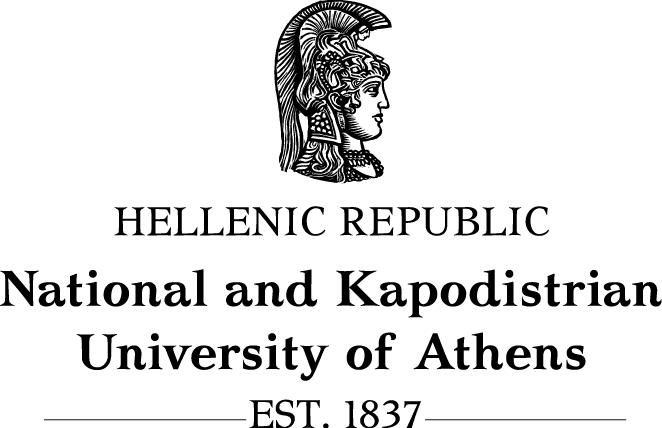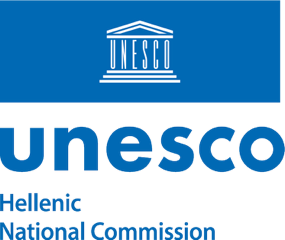
Politics of Technologies in the Digital Age
Philosophical and Interdisciplinary Perspectives
City Of
Ioannina
Located in the Νorthwestern part of the country, Ioannina sits in the center of a valley, amongst enormous mountains. The town was built on the famous Egnatia Odos, the road that connects Europe with Asia, one of the most ancient routes in history, spanning over 2000 years, once used by the Persians and ancient Greeks.
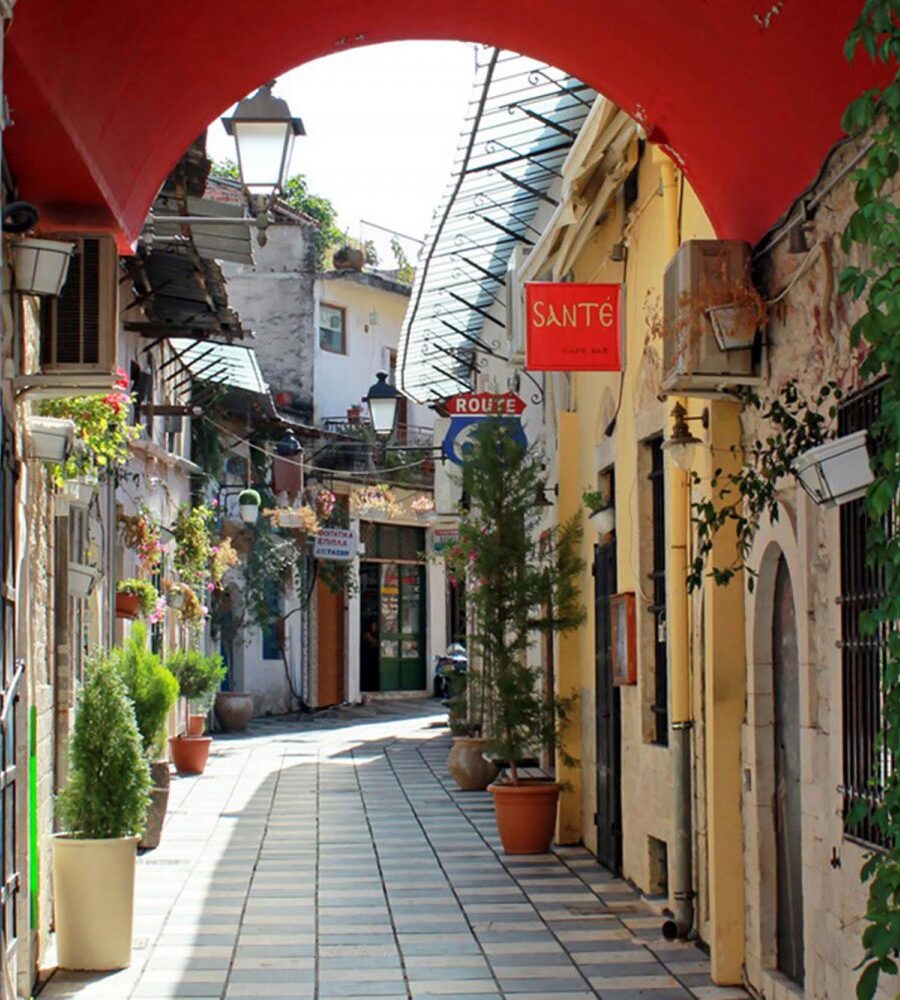
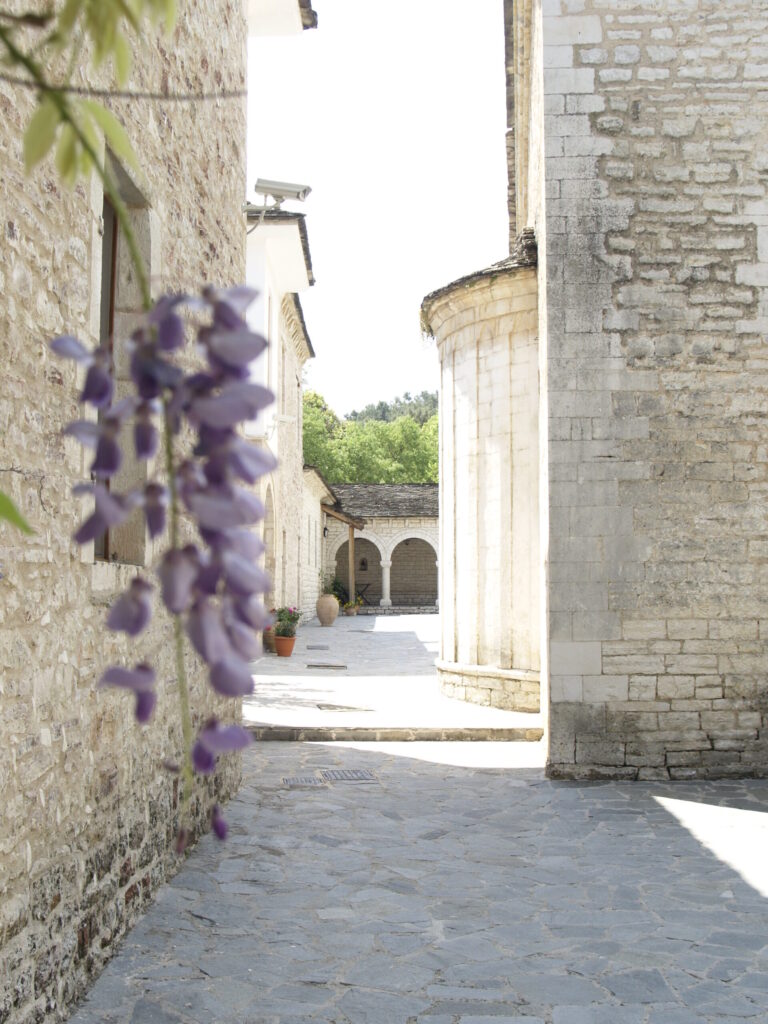

With its rich history as a melting pot of traditions and cultures, Ioannina’s multicultural characteristics are still visible in everything, from its architecture and traditions, to lifestyle and cuisine.
The city’s identity has been shaped by the Christian, the Islamic and the Jewish communities coexisting and leaving their mark in the city’s historical center.
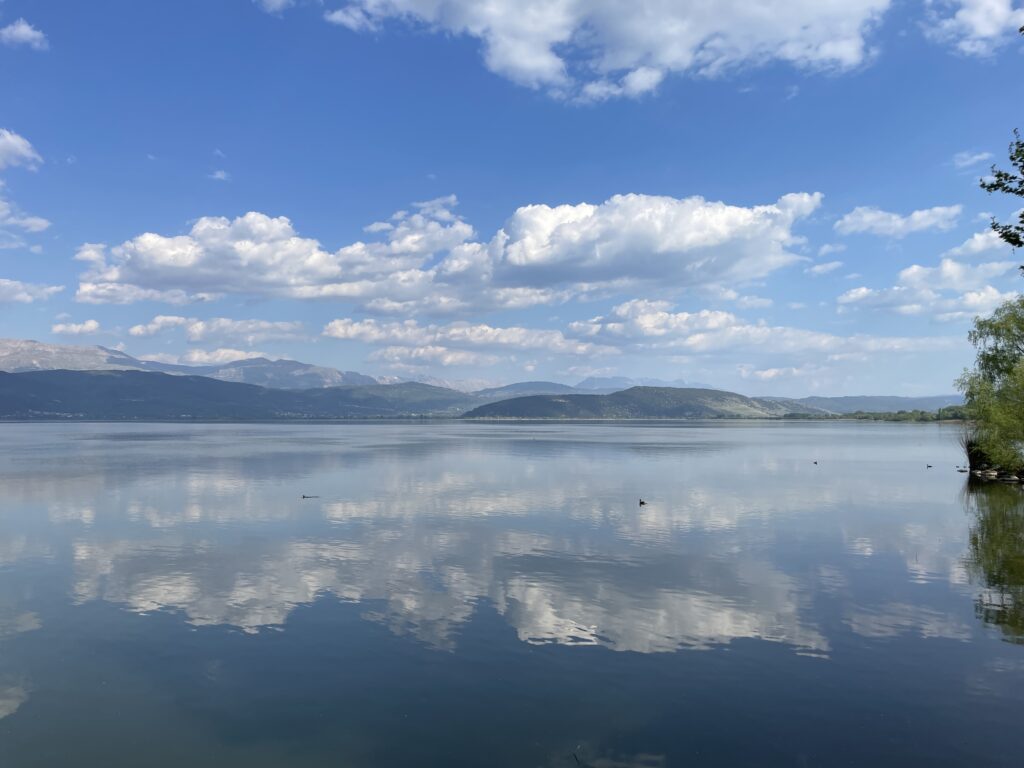
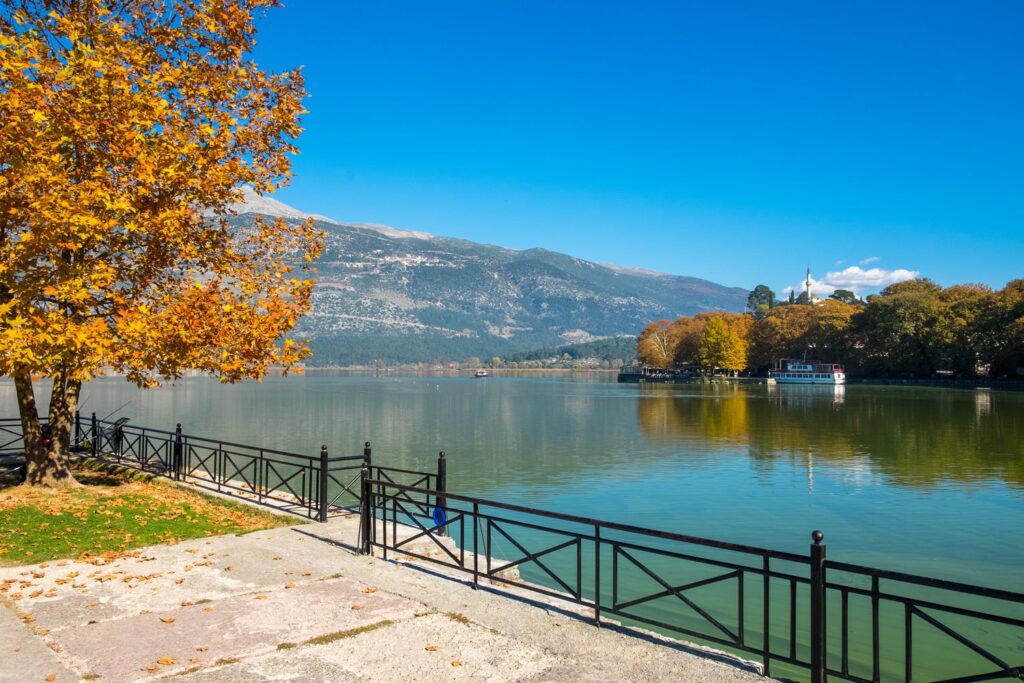
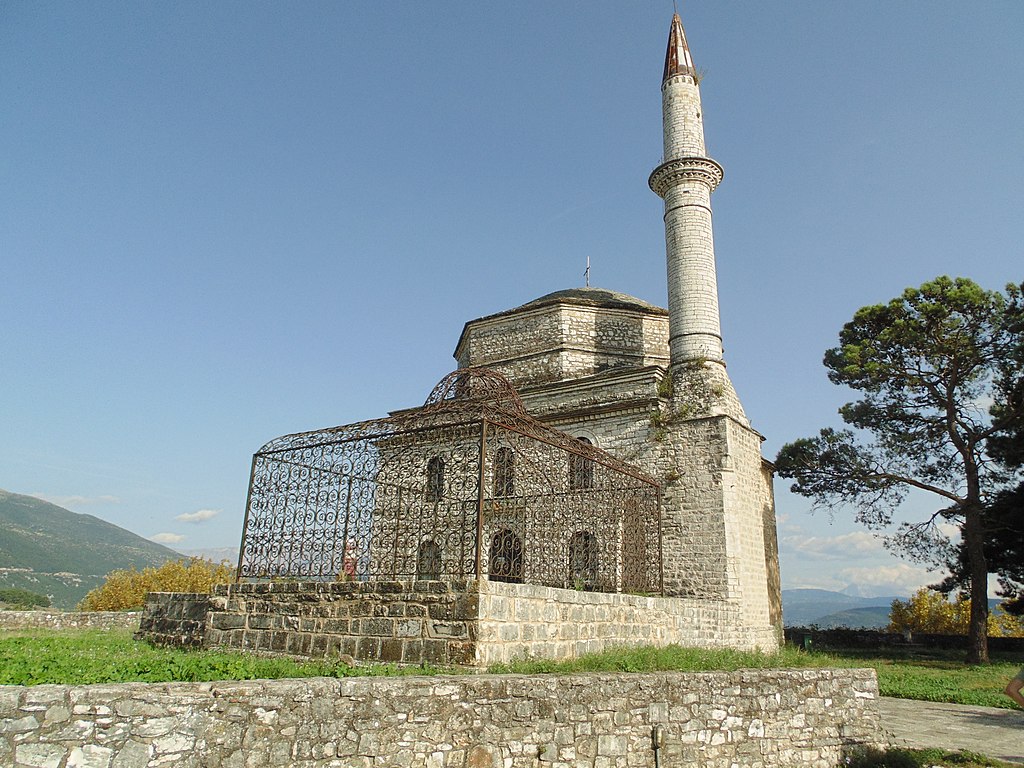
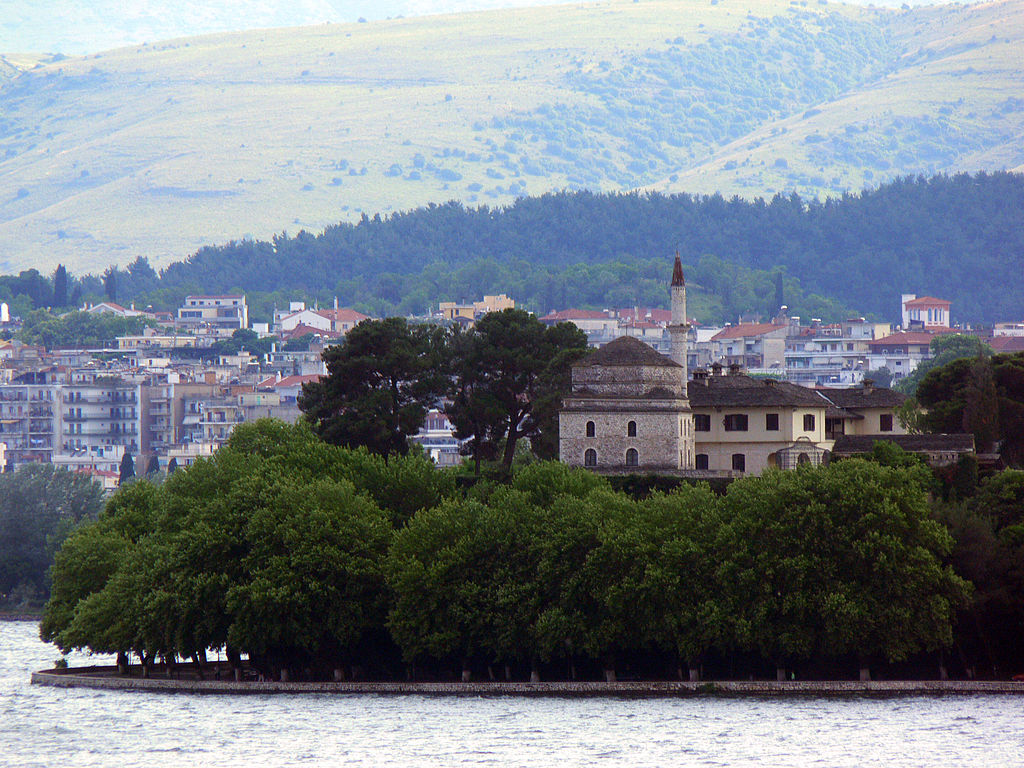
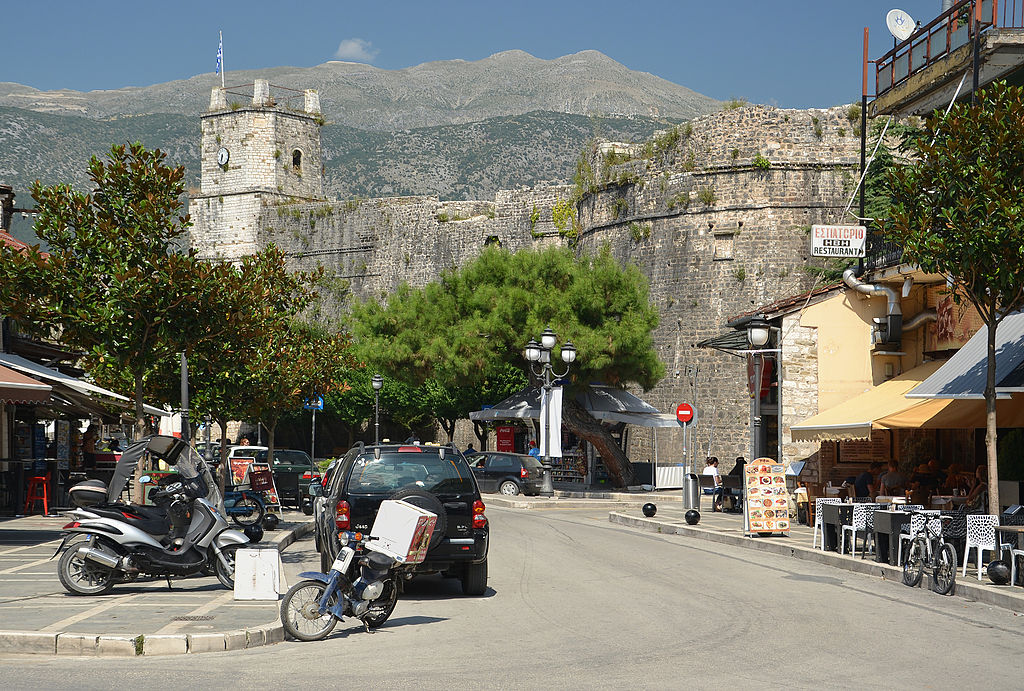
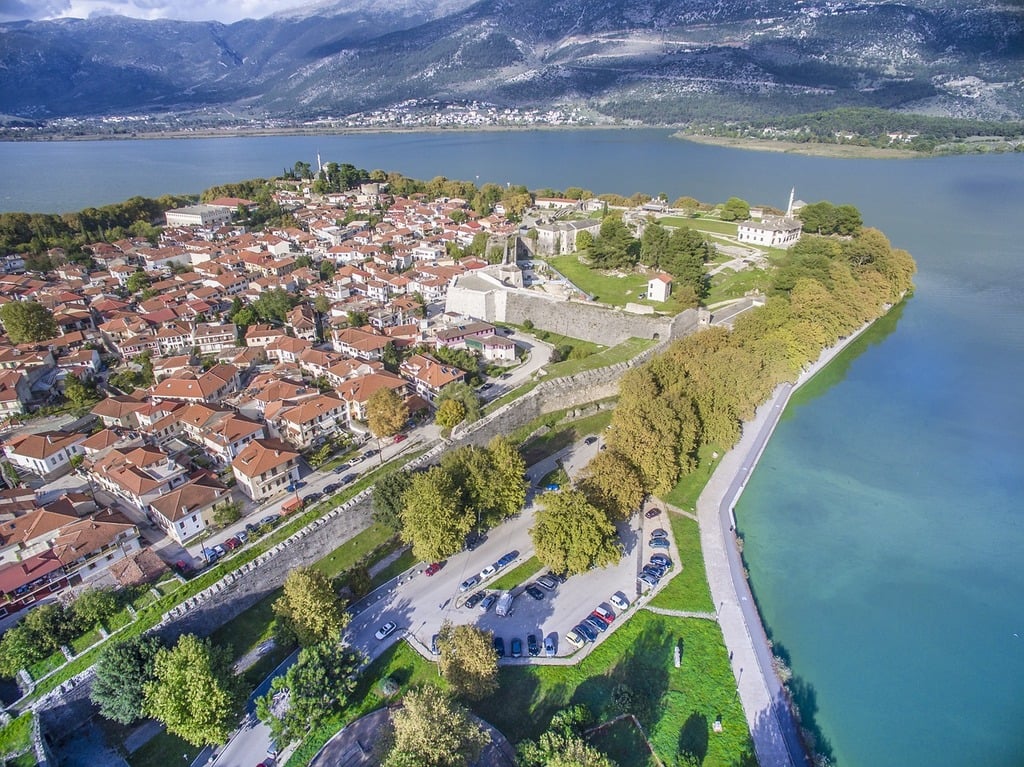
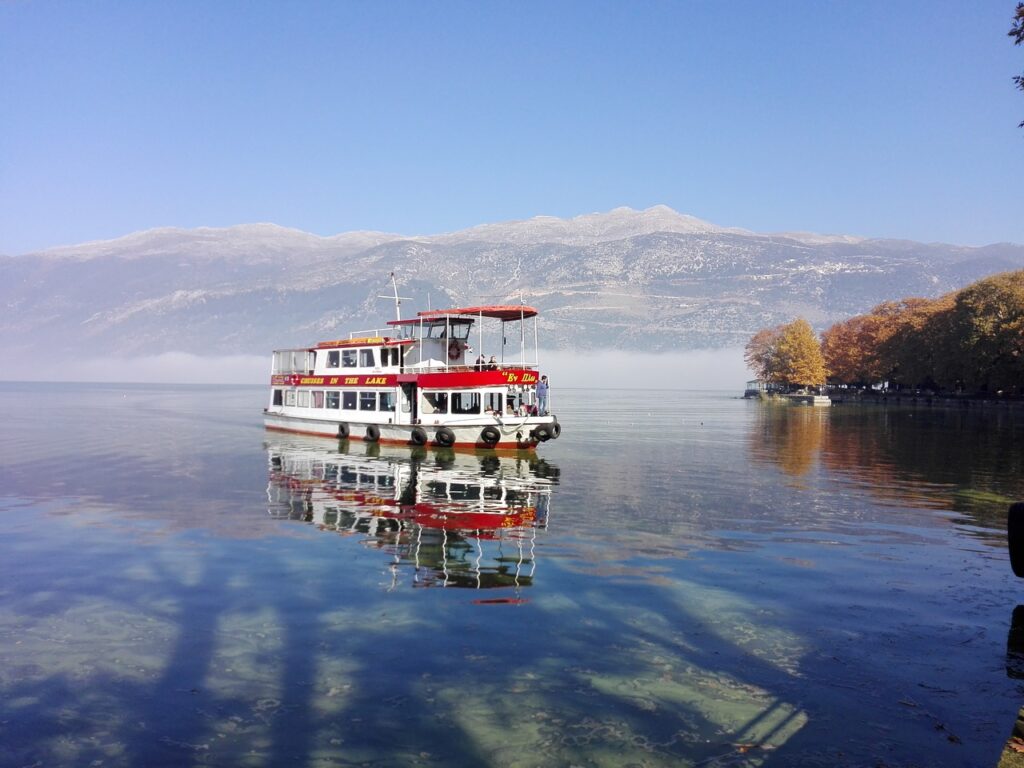
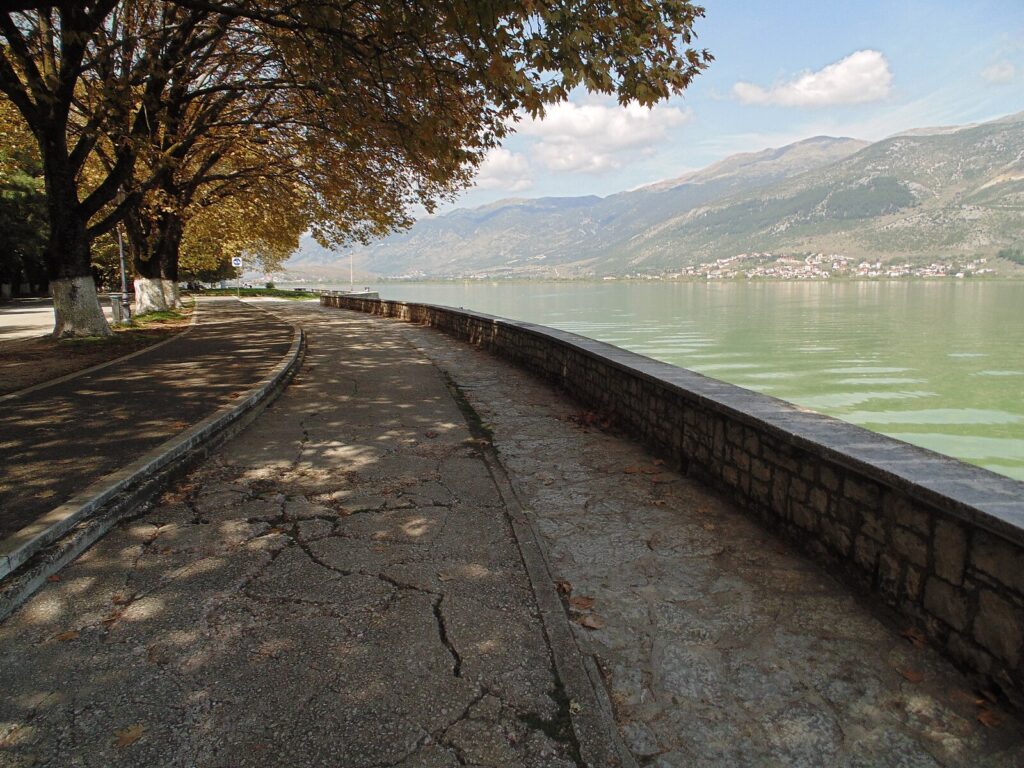
Epirus
A Land of History and Natural Beauty
Epirus, in northwestern Greece, is a region of breathtaking mountains, lush forests, and rich historical heritage. Bordered by the Ionian Sea to the west and Albania to the north, it is known for its dramatic landscapes, including the Pindus mountain range and the famous Vikos Gorge, one of the deepest in the world.
Historically, Epirus was home to powerful ancient tribes and played a significant role in Greek history. It was the kingdom of Pyrrhus, one of antiquity’s greatest generals, and the site of Dodona, Greece’s oldest oracle. Over centuries, it came under Roman, Byzantine, and Ottoman rule, shaping its unique cultural identity.
Today, Epirus is renowned for its traditional stone villages (such as those in Zagori), its rich culinary traditions, and its pristine beaches along the Ionian coast. A paradise for nature lovers, it offers hiking, rafting, and historical exploration, making it an unforgettable destination.
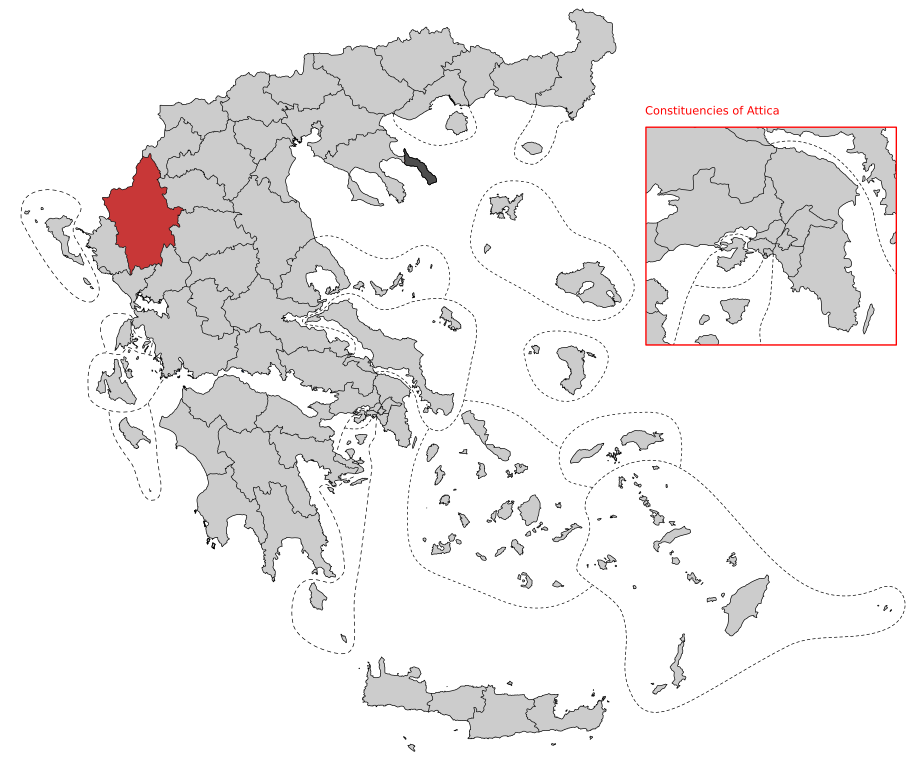
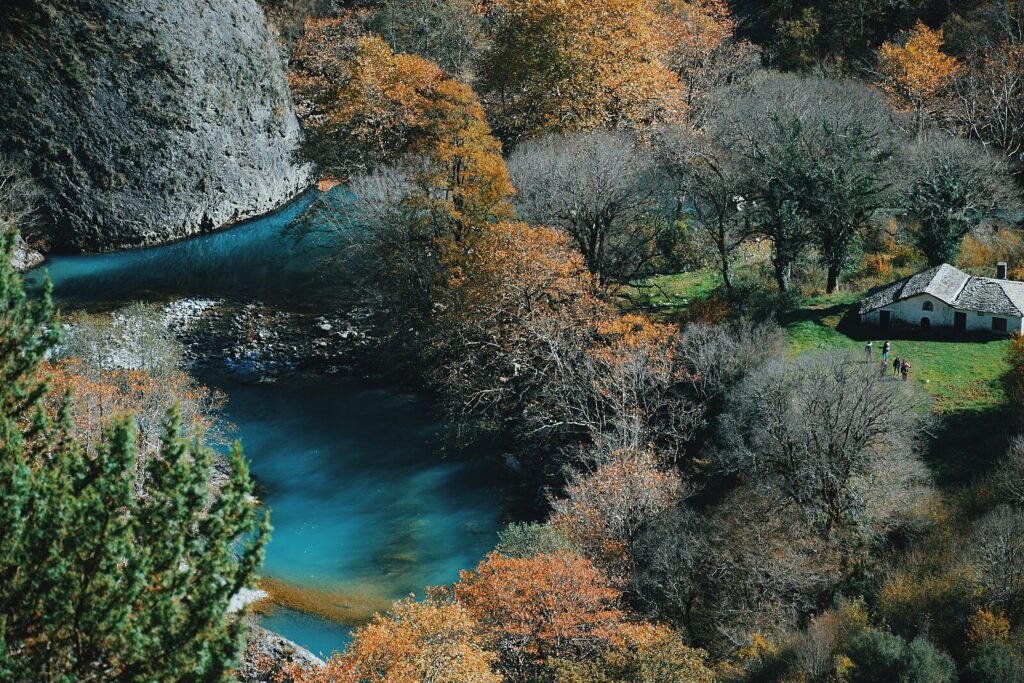
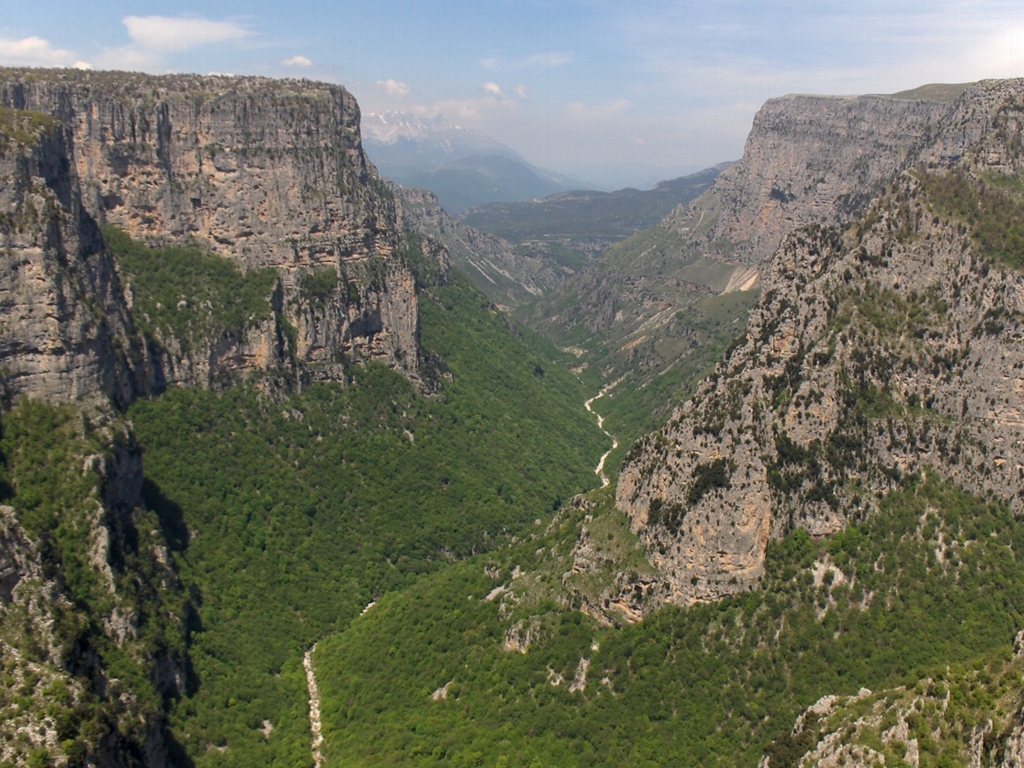
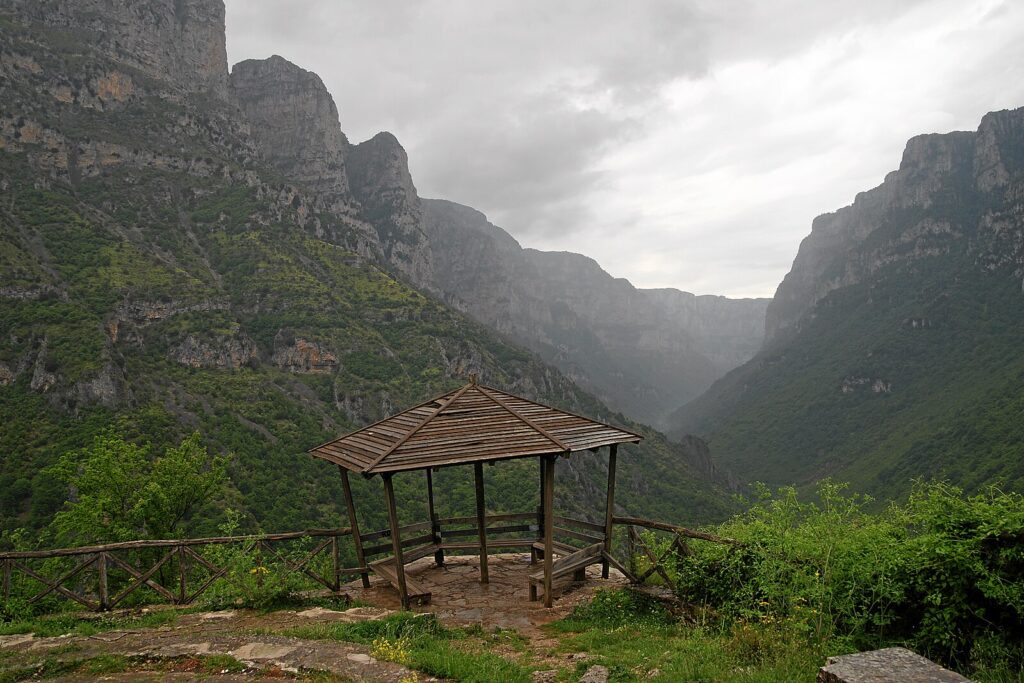
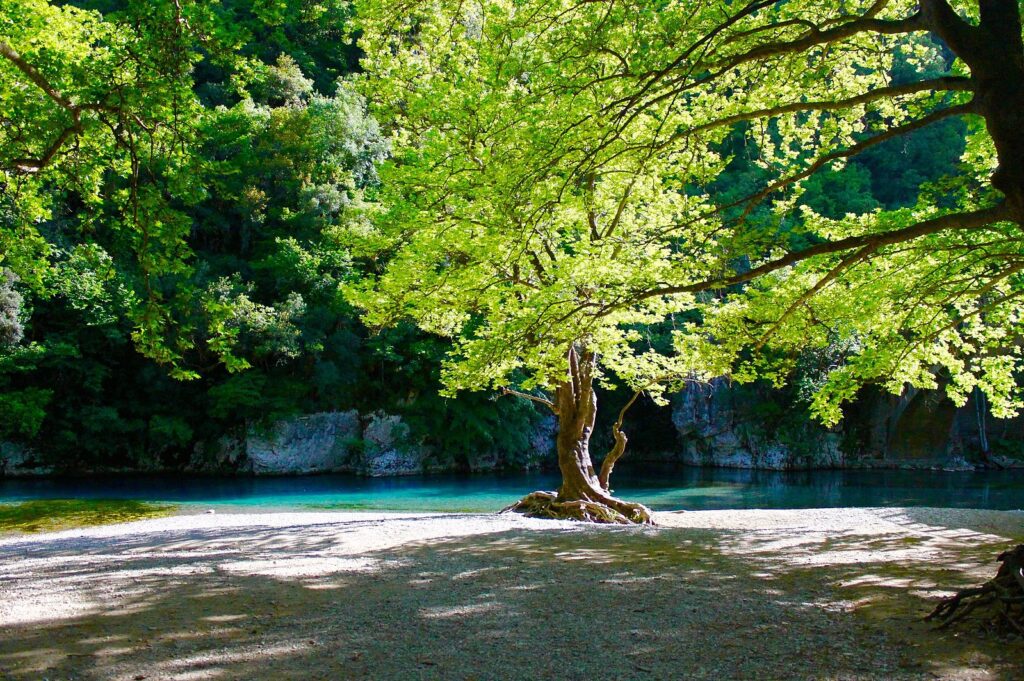
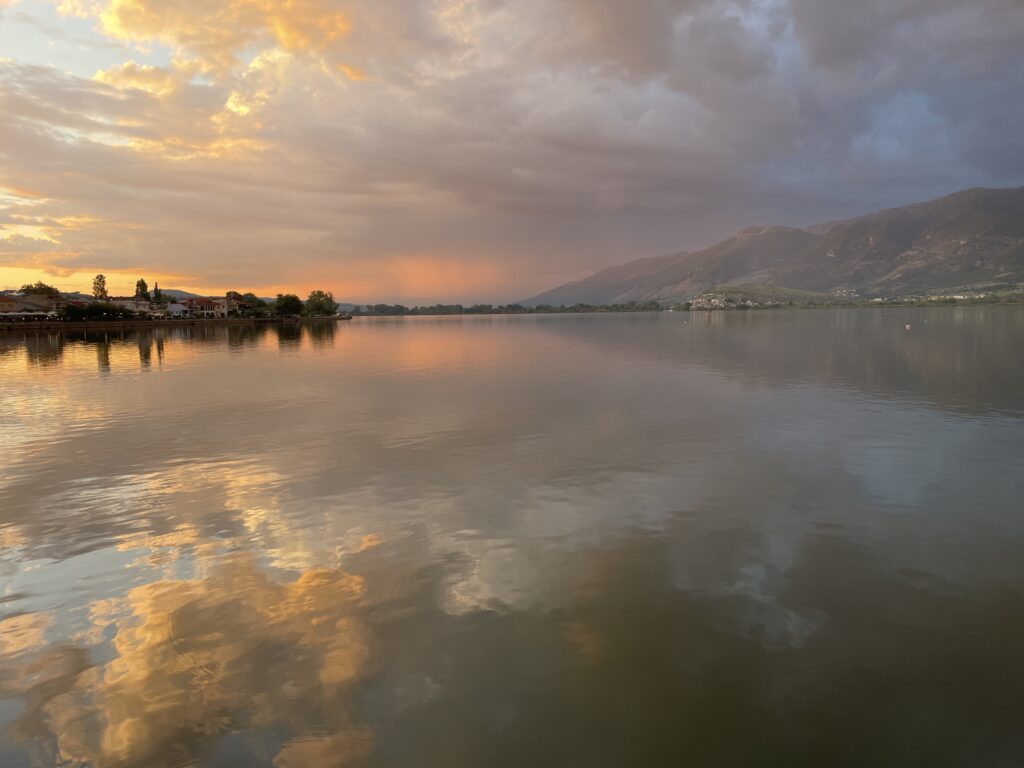
Dodona
The Oldest Oracle in Greece
Dodona, located in Epirus, northwestern Greece, is the country’s oldest known oracle, dating back to the 2nd millennium BCE. It lies approximately 22 km southwest of Ioannina. Initially a sanctuary dedicated to a Mother Goddess, it later became a major center for Zeus worship.
Priests and priestesses at Dodona interpreted divine messages through the rustling of sacred oak leaves and the sound of bronze objects hanging from the trees. It was considered the second most important oracle in ancient Greece, after Delphi.
Dodona flourished during the Classical and Hellenistic periods, notably under King Pyrrhus of Epirus. However, it suffered destruction by the Romans in 167 BCE and eventually declined with the rise of Christianity in the 4th century CE.
Today, visitors can explore the remains of the theater, temples, and oracle site, experiencing the mystique of this ancient sacred place.
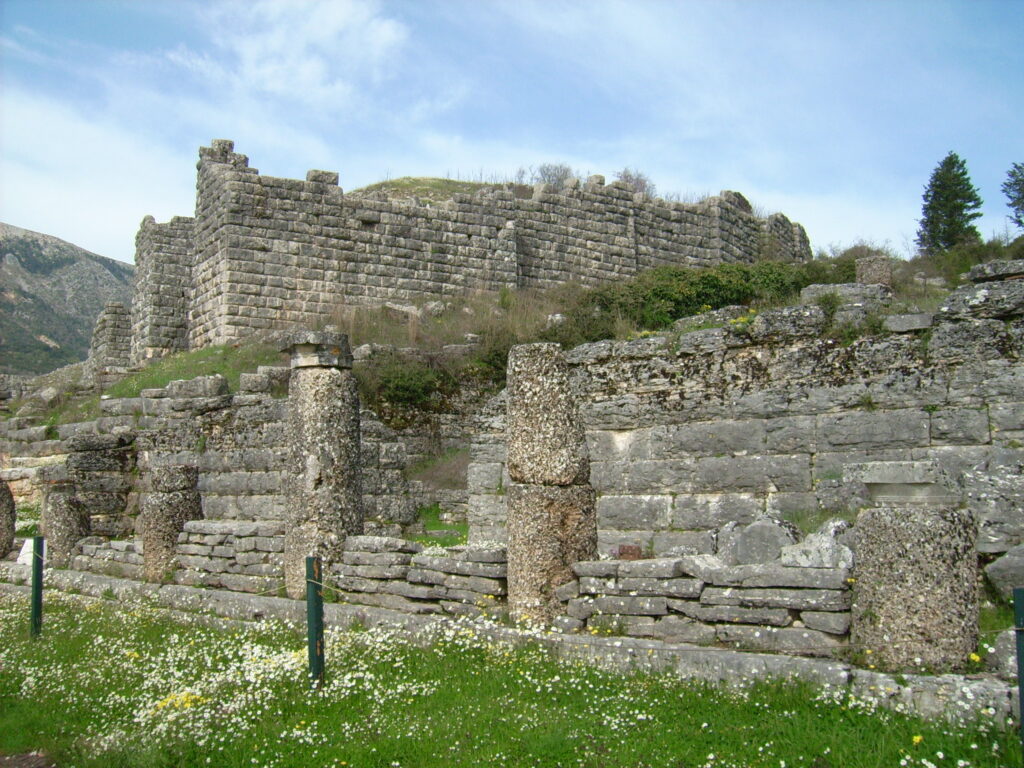

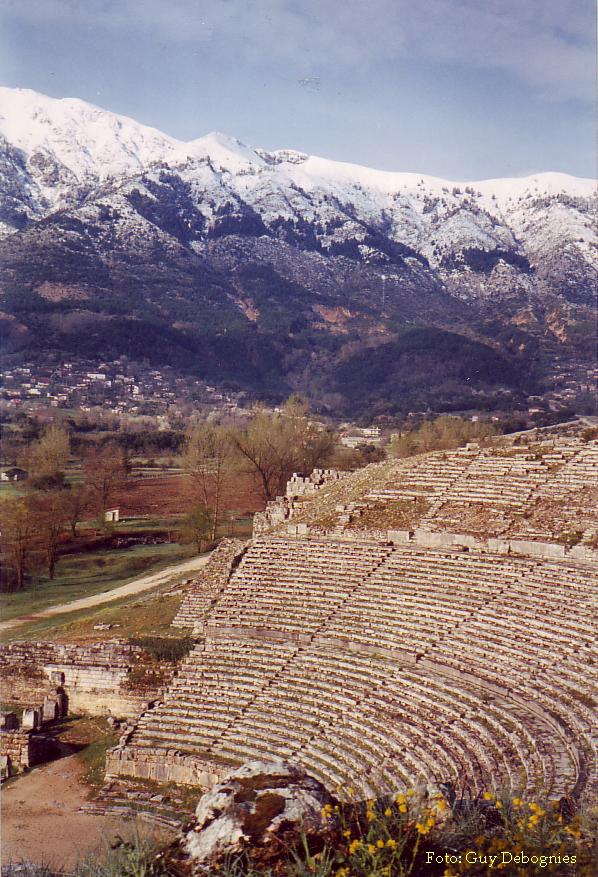
Zagori
A Hidden Gem in the Pindus Mountains
Zagori is a breathtaking region in Epirus, northwestern Greece, known for its rugged mountains, lush forests, and traditional stone-built villages. Located just 30 km from Ioannina, it consists of 46 villages (the Zagorochoria), scattered across the Pindus mountain range. In 2023, it was recognized as a UNESCO World Heritage Site for its unique cultural and natural landscape.
Steeped in history, Zagori was home to ancient Greek tribes, later flourishing under Byzantine and Ottoman rule, when local benefactors built stunning stone bridges, mansions, and monasteries. Its traditional architecture remains intact, with houses made of local stone and slate roofs blending harmoniously into the mountainous terrain.
The Vikos Gorge, one of the world’s deepest canyons, is at the heart of the region, offering hiking, rafting, and nature exploration. Visitors can also experience the famous Zagori hospitality, enjoy local delicacies, and explore the well-preserved villages like Papingo, Monodendri, and Kipi.
Zagori is a paradise for nature lovers and history enthusiasts alike, offering an authentic escape into Greece’s untouched landscapes.
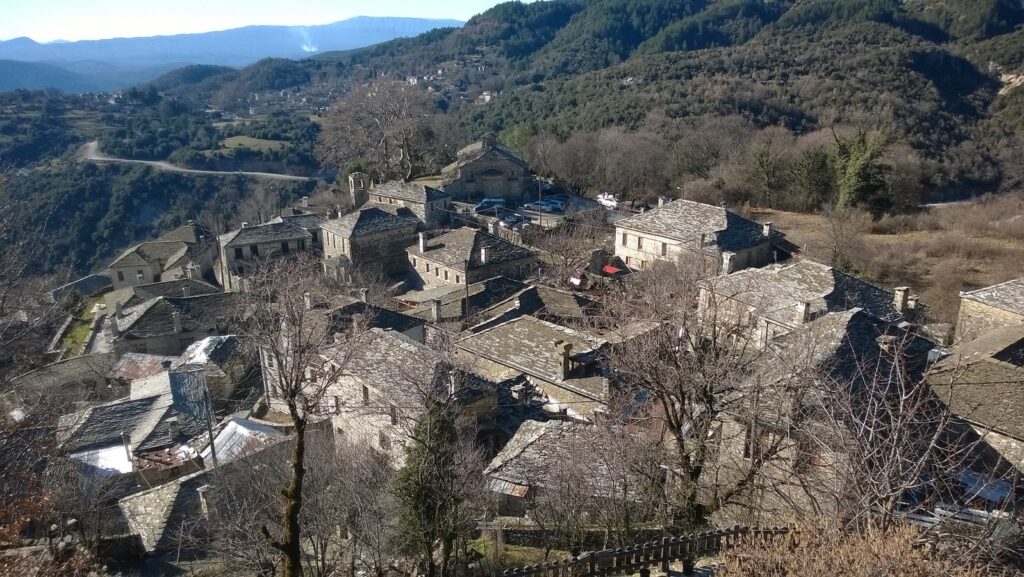
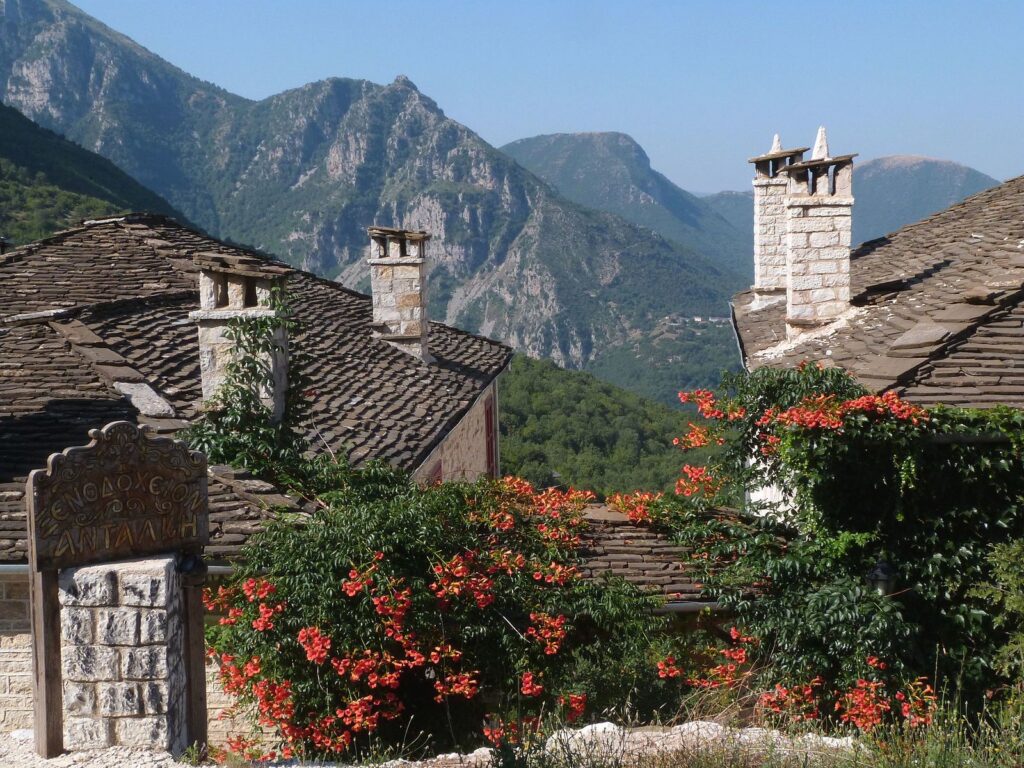
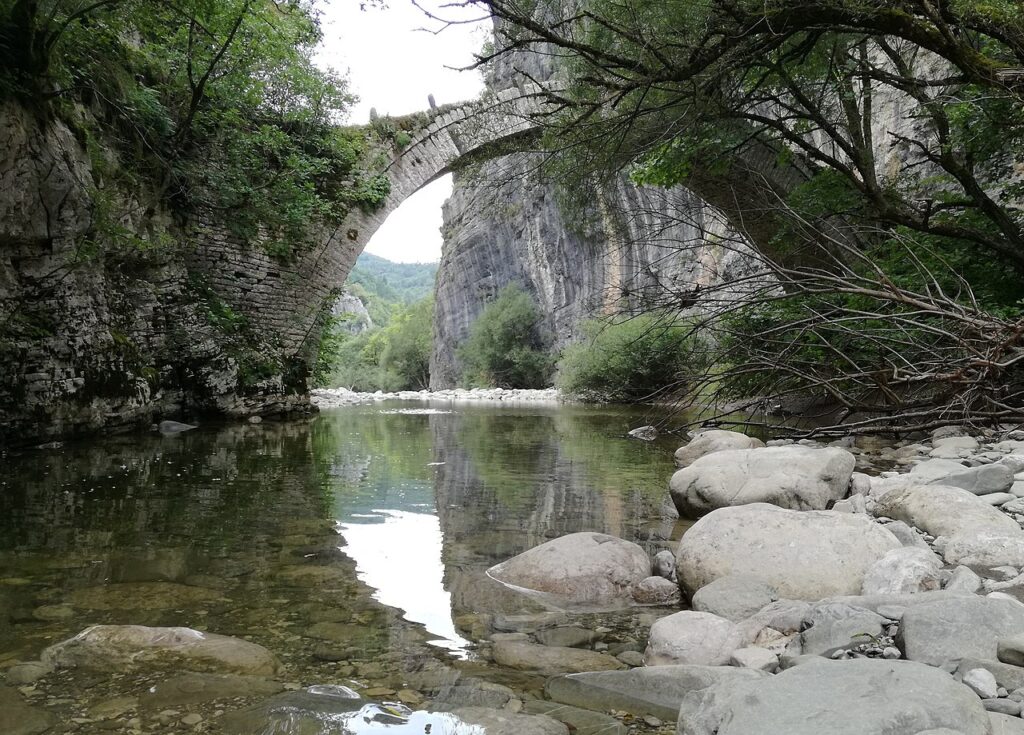
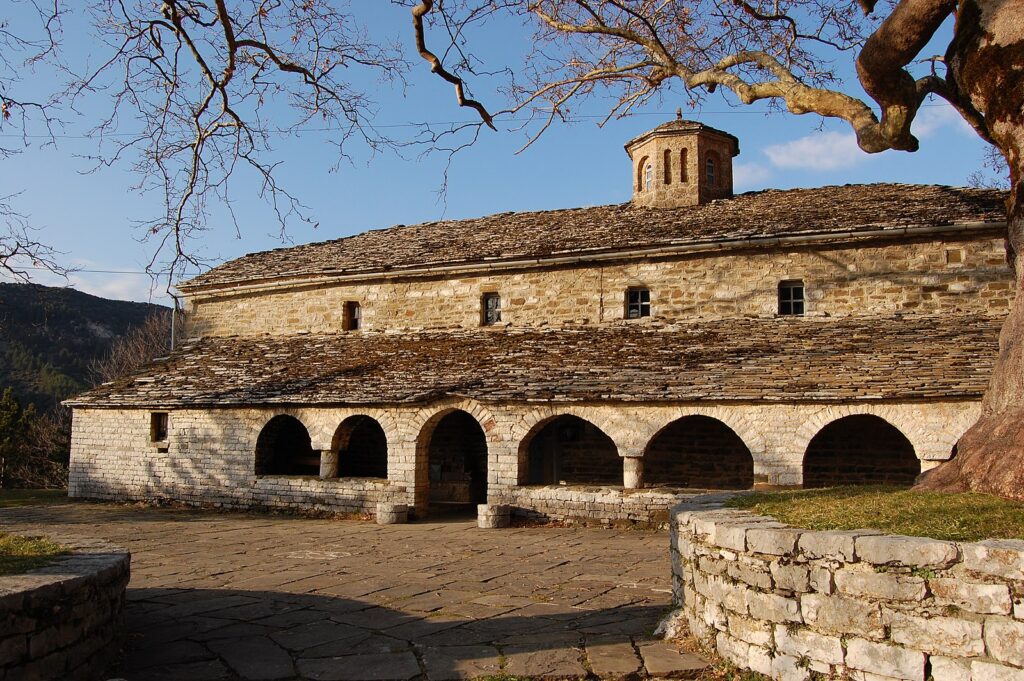
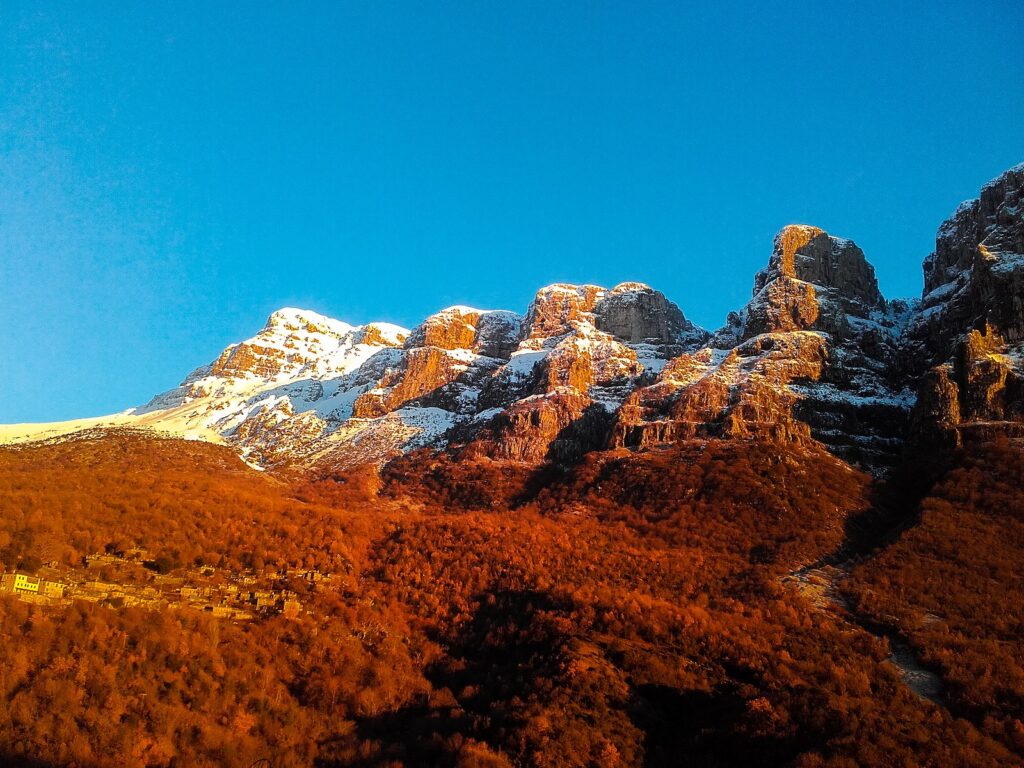
The conference will take place in Karolos Papoulias Conference Center, located at the University of Ioannina Campus



